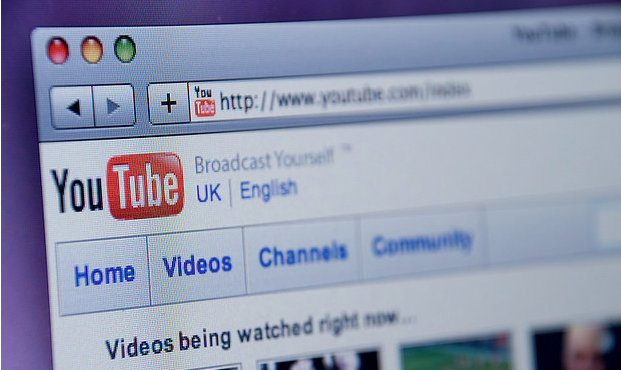Viacom vs. YouTube: Copyright battle back on, take two

A U.S. appeals court has reversed a lower court decision, reviving the Google-owned YouTube vs. Viacom mass copyright suit, which now means the alleged mass copyright infringement battle is back on.
The U.S. Second Circuit Court of Appeals sent the case back to the lower court to see whether YouTube ignored infringing content and failed to delete it, which when it ruled in 2010 said that YouTube did remove such content when it was notified and was therefore protected from liability under the Digital Millennium Copyright Act (DMCA).
But the decision will leave many technology companies in the lurch, as this DMCA precedence went on to ultimately protect a great deal of startups and file-sharing companies.

DMCA requires websites and services to have prior knowledge or "awareness" of specific infringing activity before a copyright infringement liability case can be brought.
YouTube quickly removes illegal content when it is notified by copyright holders, and has since implemented and bolstered a system to prevent copyright material from the viewing public.
But Viacom maintained its view that YouTube should not have been granted DMCA protection because documentation it presented showed that YouTube staff were aware of infringement, and had the capability to remove such content, but took no action.
In 2007, shortly after Viacom and CBS split, Viacom accused YouTube --- which had only then recently been acquired by search giant Google --- of allowing and actively encouraging users to upload video and music that infringed others' copyright.
The case at one point threatened to force Google into presenting every single record of every single video ever watched, including the usernames, IP addresses, and other information associated with that account. This could have led to legal action against unwitting YouTube users for watching or uploading copyrighted material.
But this is not expected to revive such concerns for users.
YouTube said in a statement to sister site CNETthat this suit began as a "wholesale attack" on the site, and that the dispute was over a "tiny percentage of videos long ago removed from YouTube". It added: "Nothing in this decision impacts the way YouTube is operating. YouTube will continue to be a vibrant forum for free expression around the world."
But the case translates to putting the burden of responsibility back on the Website owner, rather than the uploader, which could send massive ripples through the online community, from search engines to social networks, like Facebook and Google+.
The lower court will now seek to determine whether YouTube knowingly shut its eyes and closed its ears to copyright infringement. If it turns out it did, then all eyes of Silicon Valley will be staring at YouTube for frankly screwing up the past three years of DMCA protectionist bliss.
Image credit: Spencer E. Holtaway/Flickr.
Related:
- CNET: Viacom wins second round of copyright battle against YouTube
- ZDNet: YouTube vs. Viacom: Google's IP wins; Users lose
- Viacom sues Google over YouTube clips
- Google prevails in Viacom-YouTube copyright lawsuit; Appeals on deck
- Viacom loses their case against Google/YouTube
- Excerpts from Viacom's scathing YouTube complaint